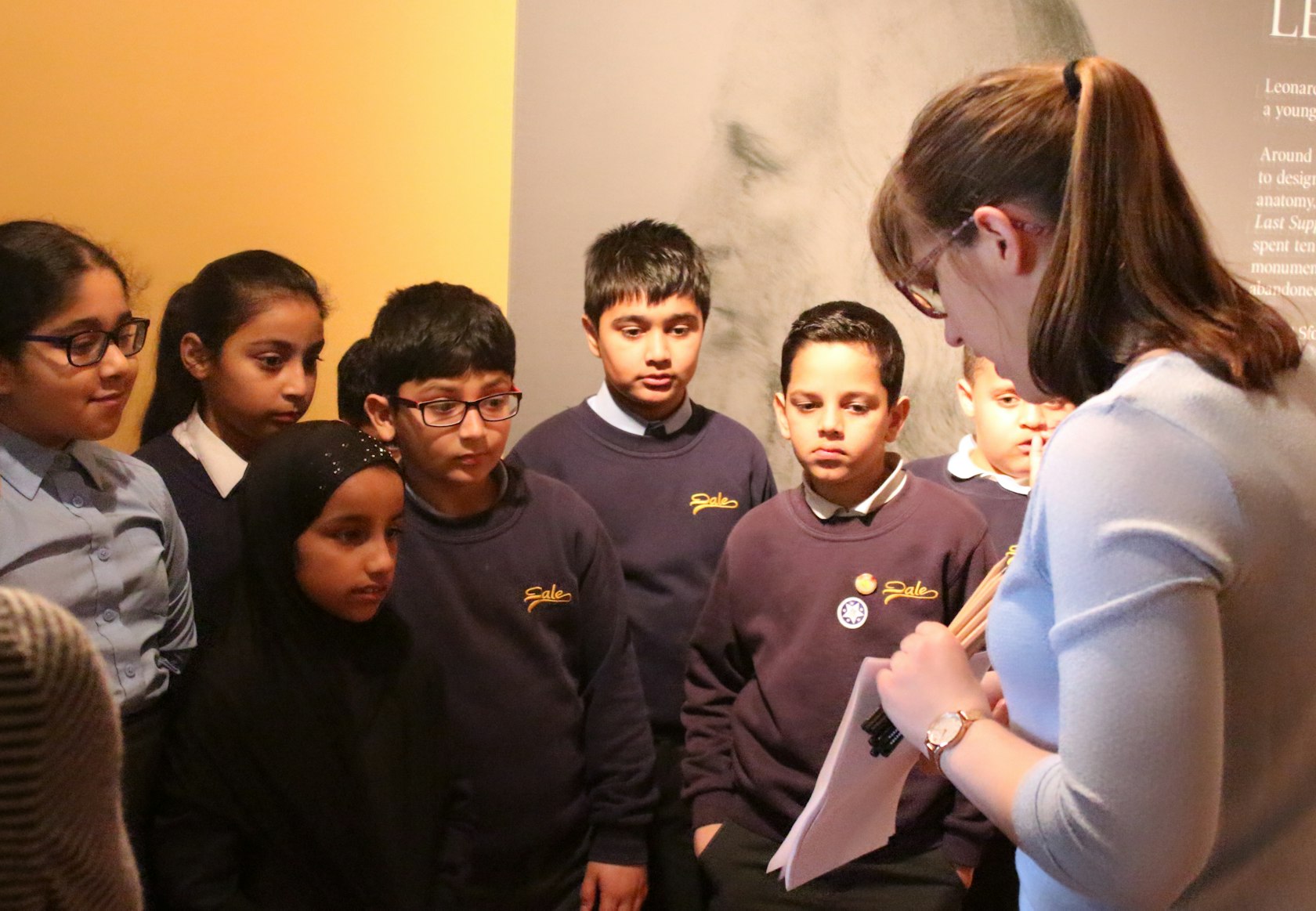
Learn
Art Machines
Location: MUSEUM OF MAKING
Duration: 120 mins
Booking and Prices: £6.50 + VAT per pupil. This session allows 25 pupils (minimum) to 35 pupils (maximum).
Key Stage: Key Stage 2
TO BOOK: Fill Out Our Booking Form or email us at learn@derbymuseums.org.
Learners will explore the significance of making in human history, from the ancient creation of flint hand axes, to the diverse range of innovative machines used for making today – delving into the creative ways in which these have been designed. They will explore the museums collection, experiencing the variation in scale and function of machines, before making and testing some art machines for themselves to produce and create art.
Knowledge and understanding is developed around the evolution of tools and machines, the interdisciplinary use of technology in producing art, and the science behind art machines (i.e. pendulums and art-bots). Appreciation for the significance of making in human history is developed through exploration of collections objects, from ancient tools to the diverse range of innovative machines used today. Key STEAM skills including making, collaboration, creativity & problem-solving are also developed through hands-on and enquiry-based art machine making activities.
For more information about The Institute of STEAM at Derby Museums.
FAQ’s about our sessions.
National Curriculum Links Include:
- Art & Design – e.g. ‘Pupils should know about great artists, craft makers and designers, and understand the historical and cultural development of their art forms.’
- Design & Technology – e.g. ‘Pupils should understand how key events and individuals in design and technology have helped shape the world.’
- Science – e.g. ‘scientific enquiry […and…] forces: Pupils should be able to explain that unsupported objects fall towards the Earth because of the force of gravity acting between the Earth and the falling object… and … identify the effects of air resistance and friction, that act between moving surfaces’
- History – e.g. ‘Pupils should know and understand significant aspects of the history of the wider world: the nature of ancient civilisations [i.e. ancient creation and use of hand tools].’
- English Language – e.g. ‘It is particularly important to induct pupils into the language which defines each subject in its own right, such as accurate mathematical and scientific language [i.e. ‘tools’, ‘machines’, ‘pendulum’, ‘hypothesis’].’
Back to Key Stage 2 Sessions
In this section
- Flight Fantastic
- Art Machines
- Magnitudes of Making
- Vikings and Anglo-Saxons
- Roman Derby
- Adventures in the Stone Age
- Secrets of the Mummies
- Classification – That’s the Name of the Game!
- Remarkable Rocks and Fantastic Fossils
- Lets Read Wright’s – Exploring the Work of Joseph Wright
- Mark-Making and Monoprint
- Playful Materials
- Electro-Embroidery Lab
- Derby’s Newest Clockmaker
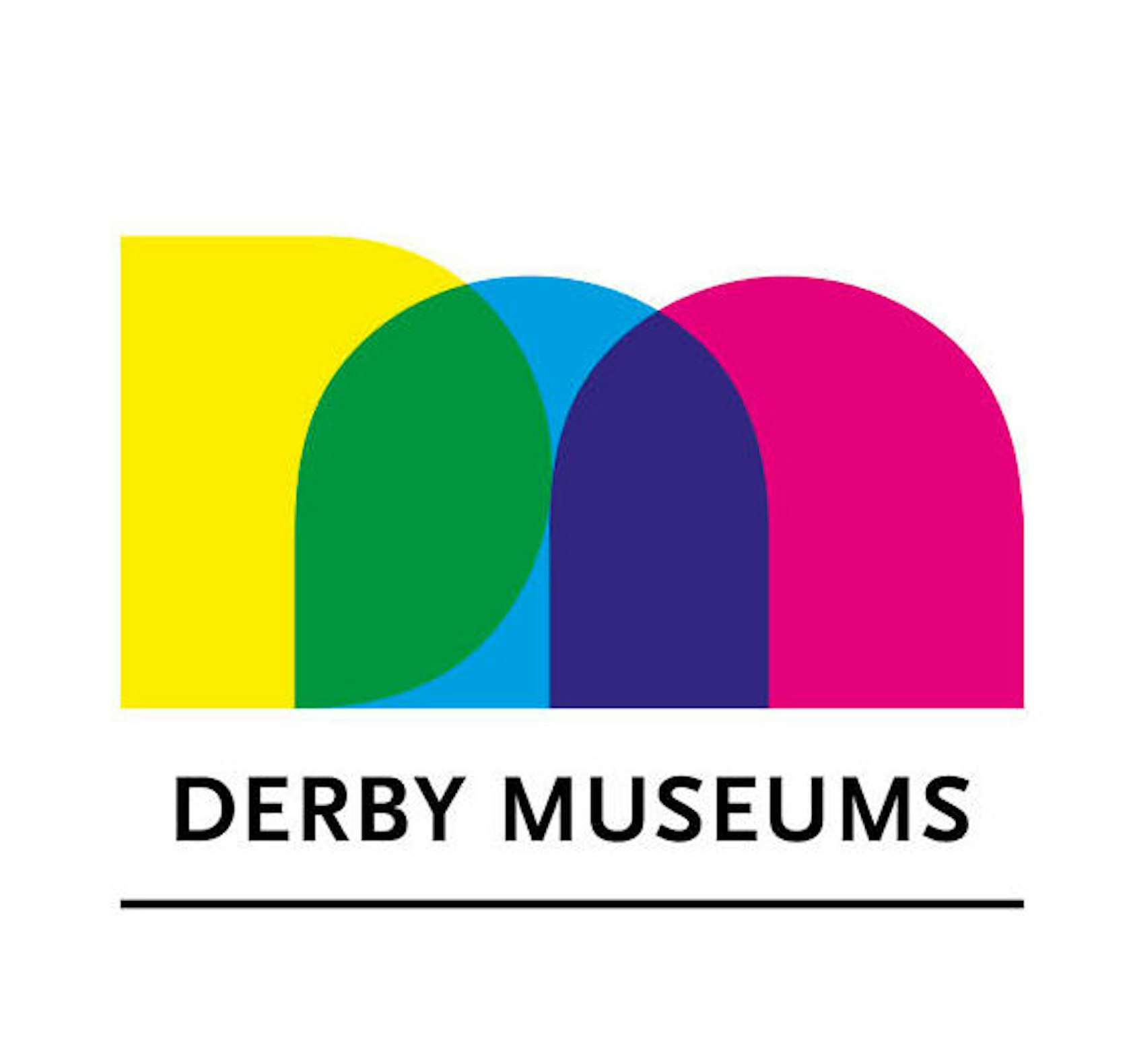
logo-accredited-museum
logo-arts-council
logo-derby-city-council
logo-designated-outstanding-collection
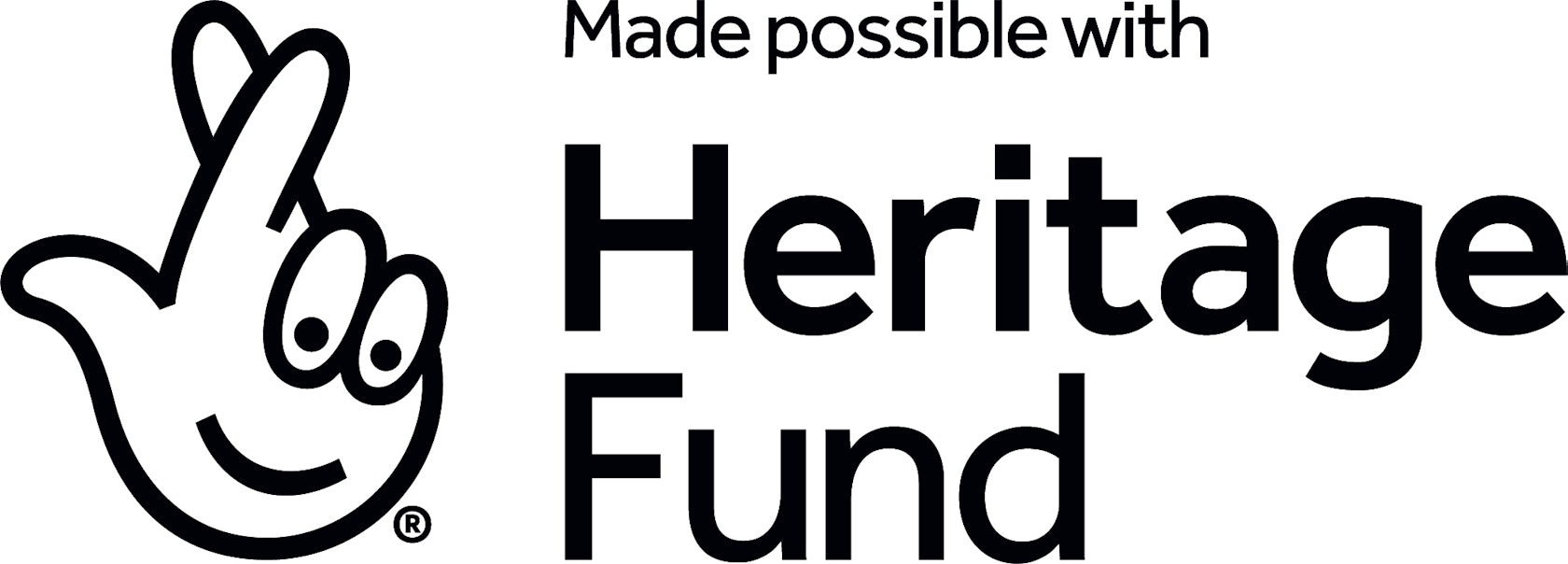 English_made_possible_logo_black_JPEG
English_made_possible_logo_black_JPEG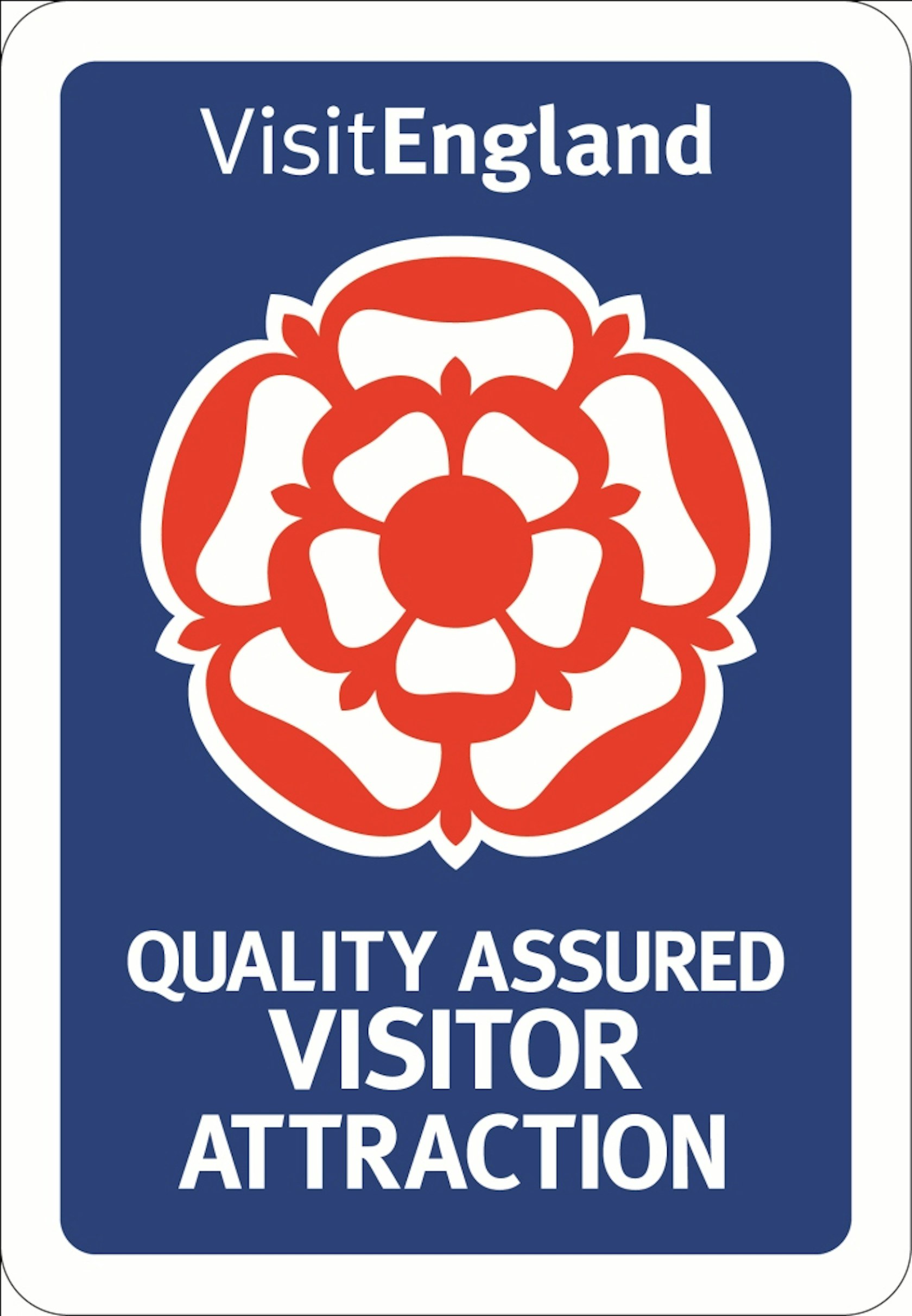 VAQSA_COLOURplaqueCMYK
VAQSA_COLOURplaqueCMYK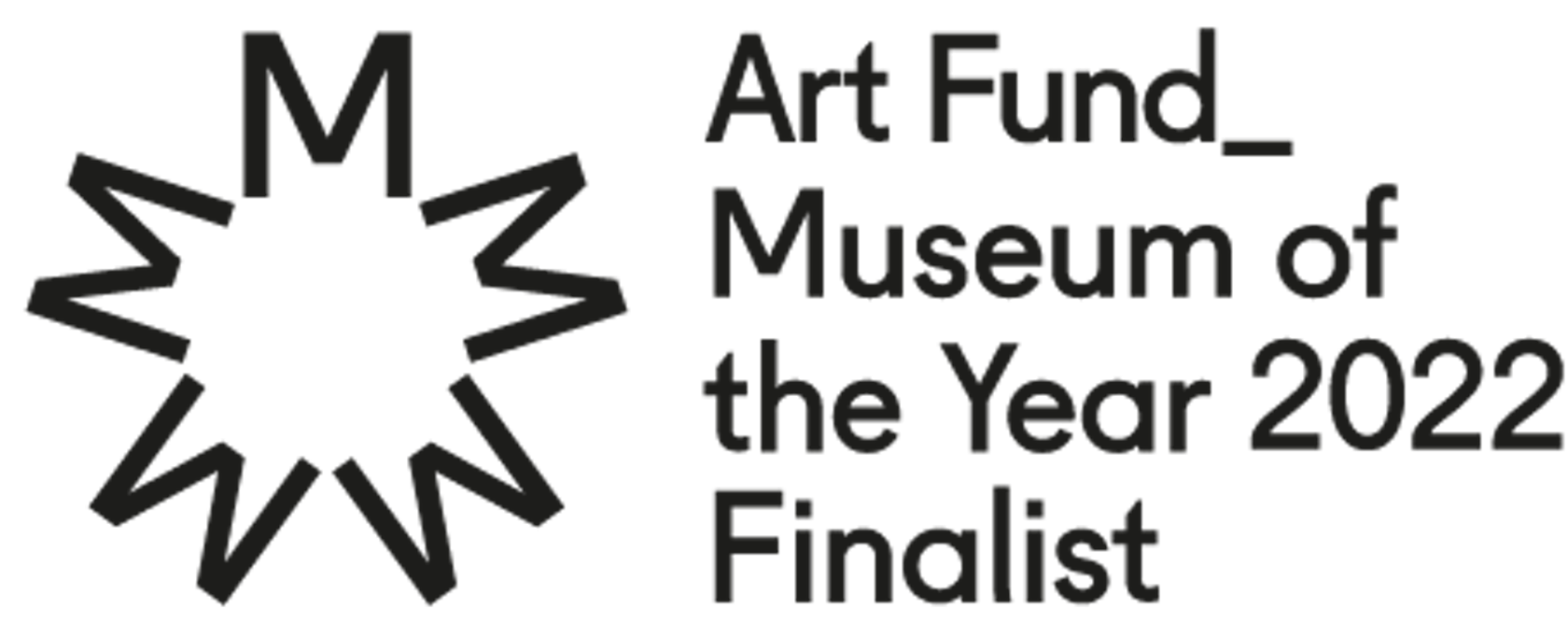 MOTY2022_Small_finalist_rgb_Black
MOTY2022_Small_finalist_rgb_Black